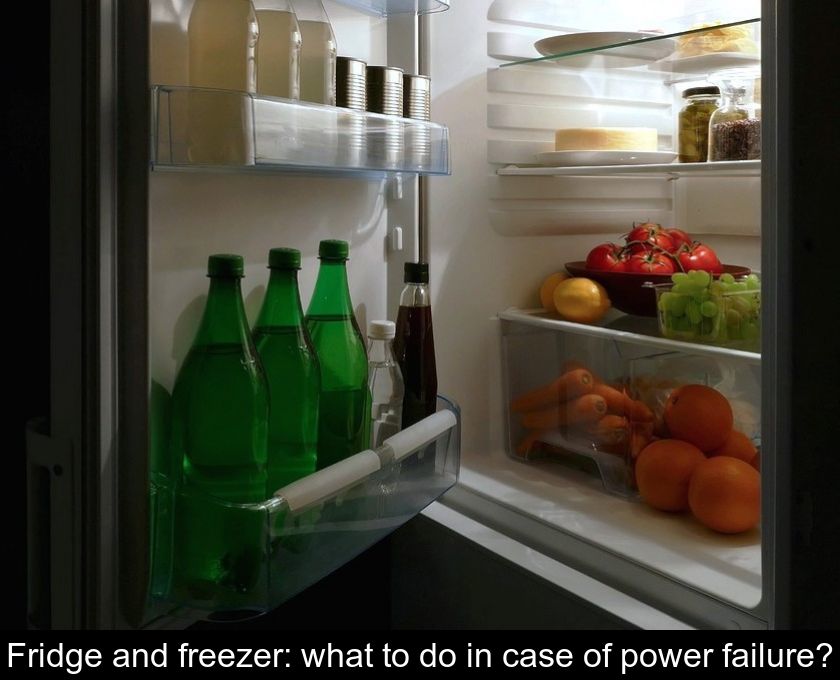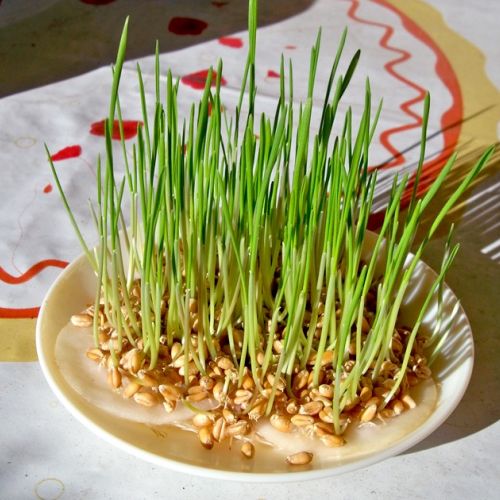Fridge And Freezer: What To Do In Case Of Power Failure?
With power grid managers in France announcing a risk of power outages during the winter of 2023, you may be rightly concerned about the contents of your fridge. We explain what you need to do to maintain the cold chain and avoid waste in your fridge and freezer in the event of a power outage.
How long before the cold chain is broken?
If, despite the efforts of the French to reduce their electricity consumption, load shedding should occur this winter, the food you keep in your refrigerator should not be affected by these cuts.
Indeed, load shedding consists in operating temporary cuts that last only 2 hours. However, a refrigerator in good condition is capable of keeping food fresh without electricity for 4 to 6 hours.
For frozen foods, a freezer in good condition can maintain the cold chain without electricity for a period of 24 to 48 hours.
The amount of time you have depends on the room temperature, the capacity of the appliance and its contents. For example, your freezer will maintain a sufficient temperature for 24 hours if it's half full, versus about 48 hours if it's full.
When this time is exceeded and there is a break in the cold chain, the main health risk is food poisoning related to the proliferation of microorganisms in the accidentally defrosted food.
What are the right things to do in case of a cut?
In the event of a power outage or a power cut lasting more than 2 hours, the first reflex to ensure that everything goes well in your fridge and freezer is to not open the appliance. Indeed, each opening makes hot air (at room temperature) enter the appliance.
If you know the time of the power outage, avoid opening your appliances at least 15 minutes before the power outage, and then for the duration of the outage.
Similarly, to avoid heating up your fridge, avoid storing food in it that is still warm or hot at least two hours before the cutoff.
What to do after the cut?
Even after the power returns, you should wait 1-2 hours before opening the appliances to give them time to 'cool down' again.
After this time, take the time to check the condition of the food in your fridge and freezer. In particular, you can look to see if the ice cubes have melted: this is a sign that the cold chain has been broken and you need to get rid of your frozen food to avoid food poisoning for your family.
If there is any doubt, don't hesitate to throw out the food at risk. In the freezer, you can't tell if foods are unsafe by their appearance or smell.
Remember that never refreeze food that has been thawed. If you find that products are completely thawed, you can cook them and eat them safely or refreeze them after cooking.
In the refrigerator, the most dangerous foods are meat and deli meats, fish, eggs, fresh cream, milk and soft cheeses, and prepared foods.
What other tips should I know?
In the event of a long power outage, if you're worried about the contents of your fridge, you might consider storing at-risk foods outside. But of course, this trick only works if the temperature outside is between 0°C and 5°C.
In addition, regular maintenance of your refrigerator is a good way to limit the risk of food poisoning. It is also recommended to pack food separately, in cling film or airtight boxes.
In the event of a power outage, it is advisable to clean your refrigerator and freezer a few hours after the power outage to limit the growth of bacteria inside the appliance.
It's important to clean these appliances thoroughly before you refill them with groceries. But don't open the refrigerator or freezer right away to give it time to get cold again.
Finally, if your appliance is old, don't forget to check that it has restarted when the power has been restored.







